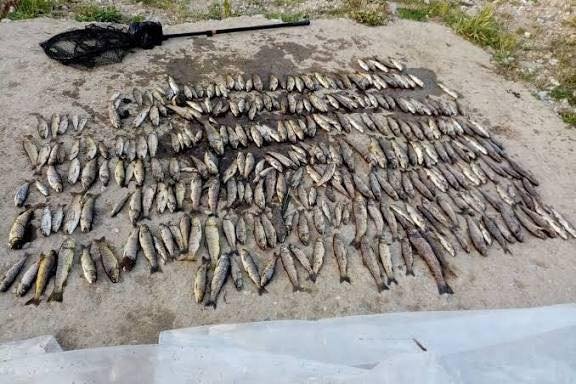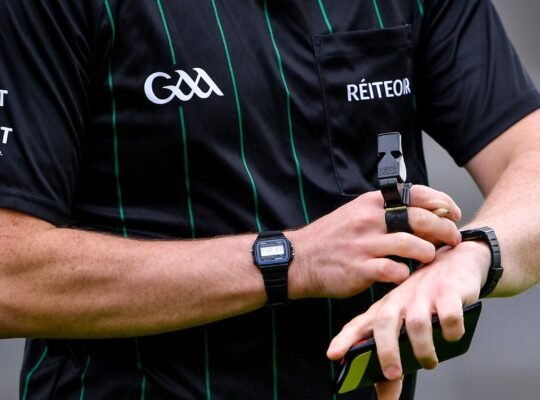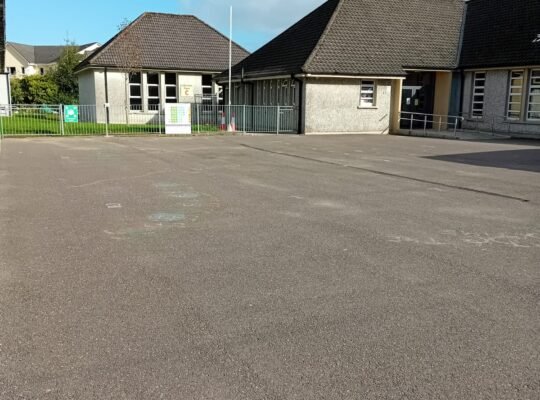The River Blackwater has long been a lifeline for anglers and communities in North Cork, but local voices in Killavullen say its future is under serious threat following a devastating fish kill this summer.
When thousands of salmon and brown trout were found dead along a 30km stretch of the river between Lombardstown and Killavullen in mid-August, the shock was immediate. What followed, however, has left many in the angling community frustrated and disillusioned.
Speaking before an Oireachtas Committee this week, Killavullen Angling Club chairperson Conor Arnold said the scale of the disaster has been downplayed. While an inter-agency report has estimated that around 32,000 fish were lost, Arnold argued that the true figure could “run into the hundreds of thousands” once juvenile fish and fry are taken into account.
“These tiny fish, one or two inches long, are the backbone of the river’s future stock,” he said. “To ignore them in the official figures paints only part of the picture.”
Anglers first reported the incident on the morning of 11 August, but Inland Fisheries Ireland (IFI) did not begin sampling until more than 24 hours later. By then, Arnold says, valuable evidence had already been lost. He criticised the delay in forming an inter-agency response, which did not get underway until two weeks after the initial discovery.
“Ultimately, the time lost and the failure to follow best international practices has left us without the evidence needed for a proper prosecution,” he told the committee. “That is unacceptable.”
The official investigation concluded that a waterborne irritant had entered the river upstream roughly three days before fish began dying. The substance dissipated quickly, leaving no trace in water or fish tissue samples. No evidence of chemicals, pesticides or heavy metals was found.
But for the Killavullen angling community, the lack of answers is cold comfort. Arnold called for extensive habitat restoration, permanent water quality monitors placed strategically along the river, and the creation of a rapid-response team to ensure swift action if another incident occurs. He also urged stronger penalties for facilities that discharge into the Blackwater, alongside an end to commercial netting.
“The distressing scenes of thousands of dead and dying fish outraged our community,” he said. “We demand answers and solutions. This cannot be allowed to happen again.”
For IFI, the incident was described as a “catastrophic environmental event” and one of the most extensive investigations in its history. Yet, with no cause identified and no prosecutions likely, many in Killavullen feel the Blackwater has been let down.
As Arnold put it, “We can’t let this river, and the life it supports, be treated as disposable.”











